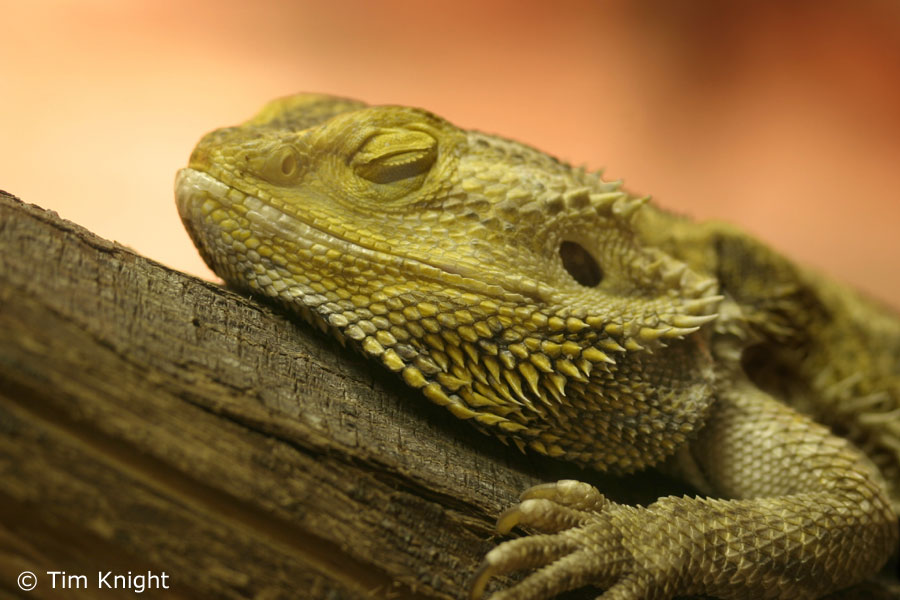My Bearded Dragon Won't Eat: What to Do When Your New Pet is Being Picky
My Bearded Dragon Won’t Eat: What to Do When Your New Pet is Being Picky
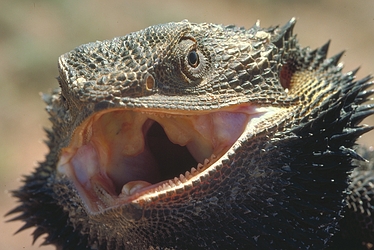
You’ve just brought home your new bearded dragon, and you’re excited to bond with him and start caring for him. However, you notice that he doesn’t seem to be eating. This can be concerning, but it’s not necessarily a cause for alarm. There are a few reasons why your bearded dragon may not want to eat right away, and there are steps you can take to encourage him to start eating again. In this post, we’ll explore some of the most common reasons why bearded dragons won’t eat and what you can do to help.
1. Your Bearded Dragon is Adjusting to His New Home
Your bearded dragon may be stressed or anxious as he gets used to his new surroundings. This can cause a loss of appetite, which is completely normal. Give your bearded dragon a few days to adjust to his new home before worrying too much about his eating habits. Additionally, make sure that his tank is set up properly, with proper temperature and humidity levels, to ensure that he feels as comfortable as possible.
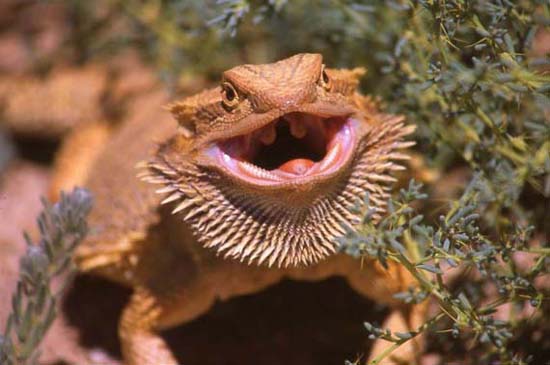
2. Your Bearded Dragon Needs Time to Warm Up
Bearded dragons are cold-blooded animals, which means that they need heat to digest their food properly. If your bearded dragon’s tank is too cool, he may not feel comfortable eating. Make sure that the basking spot in his tank is warm enough (around 100-110 degrees Fahrenheit), and that the rest of the tank is around 80 degrees Fahrenheit. This will ensure that your bearded dragon has the proper temperature to digest his food and feel comfortable in his environment. If your bearded dragon is still not eating after a few days, you may need to adjust the temperature slightly or consult with a veterinarian.

3. Your Bearded Dragon Doesn’t Like the Food You’re Offering
Bearded dragons can be picky eaters, and they may not like certain types of food. Most bearded dragons enjoy eating crickets, mealworms, and vegetables like kale and collard greens. However, your bearded dragon may not like these foods, or he may simply be bored with his diet. Try offering a variety of foods to your bearded dragon, and experiment with different types of insects and vegetables. You can also try offering your bearded dragon live prey, which can be more stimulating for him to catch and eat.
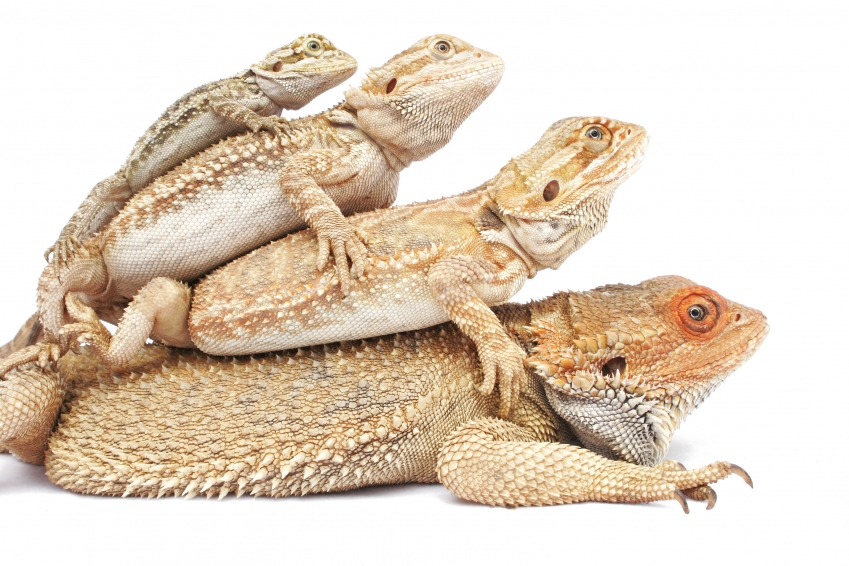
4. Your Bearded Dragon Is Dehydrated
Bearded dragons need access to fresh water at all times to stay hydrated. If your bearded dragon is not drinking enough water, he may become dehydrated, which can cause a loss of appetite. Make sure that your bearded dragon has access to clean, fresh water at all times. You can also mist his tank with water to help keep the humidity levels up, which can prevent dehydration.
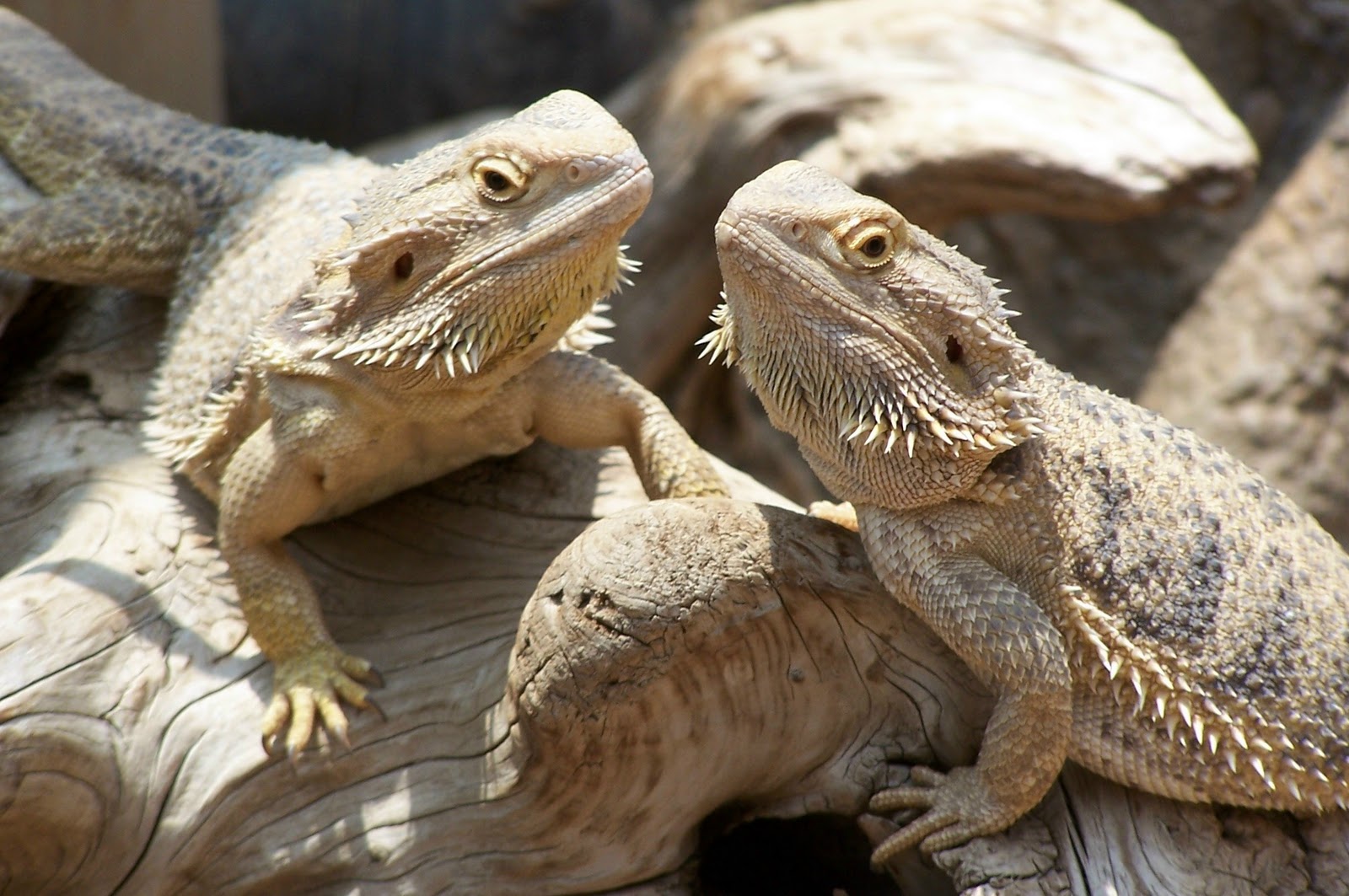
5. Your Bearded Dragon Is Sick
If your bearded dragon is still not eating after a few days, there may be an underlying health issue causing the problem. Respiratory infections, parasites, and other illnesses can all cause a loss of appetite in bearded dragons. If you suspect that your bearded dragon is sick, it’s important to take him to a veterinarian as soon as possible to get him the care he needs.

Final Thoughts
If your bearded dragon isn’t eating, it’s important not to panic. There are many reasons why a bearded dragon may lose his appetite, and most of the time, the problem is easy to fix. Give your bearded dragon a few days to adjust to his new home, make sure that his tank is set up properly, and offer him a variety of foods to eat. If your bearded dragon is still not eating after a few days, or if you suspect that there may be an underlying health issue causing the problem, take him to a veterinarian to get him the care he needs.
